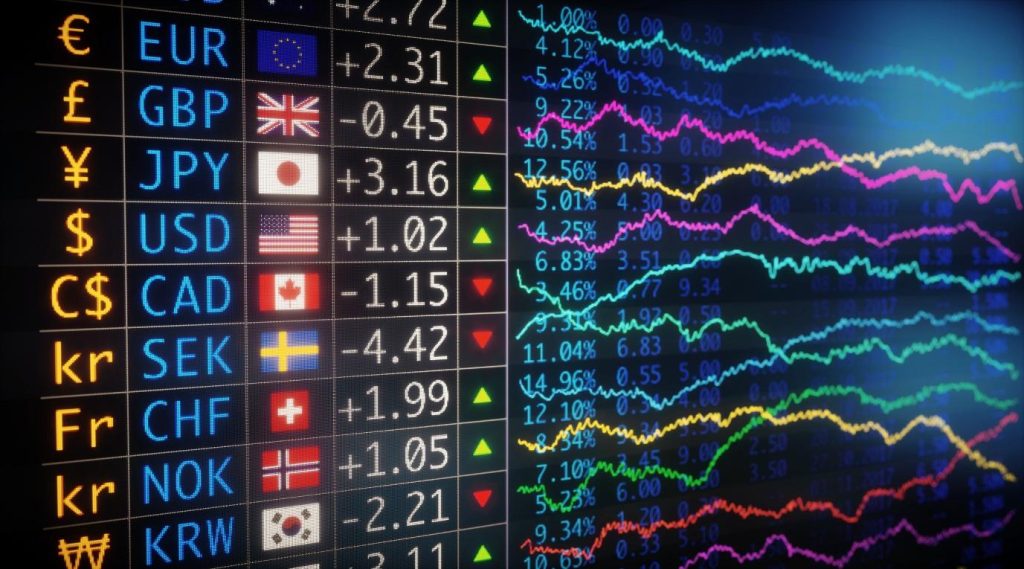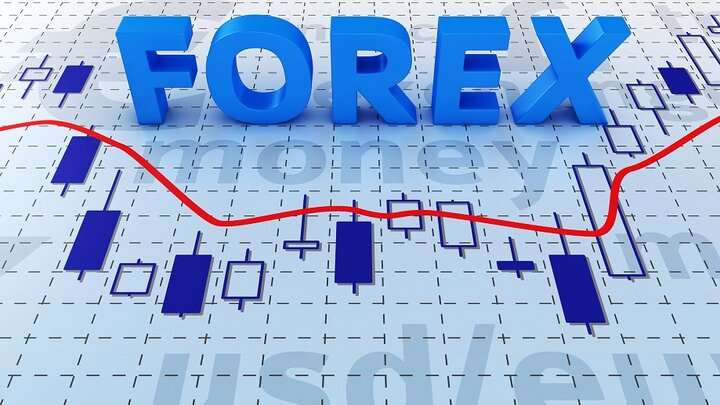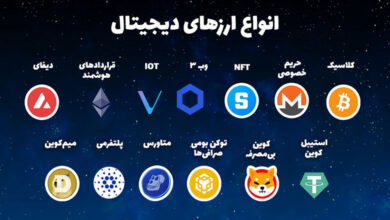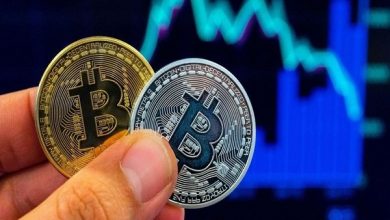بازار فارکس چیست؟

What is the Forex Market?
The Forex Market (Foreign Exchange Market or Forex) is a global financial market for trading different currencies. In this market, currencies are traded in pairs, meaning you buy one currency and sell another. The Forex market is the largest and most active financial market in the world, with its daily trading volume exceeding 6.6 trillion dollars. This market provides endless opportunities for traders and investors due to its high liquidity, and thanks to its 24-hour operation, 5 days a week, traders can execute trades at any time of the day.
The Forex market, unlike other markets such as stocks or bonds, does not have a centralized physical location. It operates in a decentralized and electronic manner and is managed by a network of banks, brokerage firms, and independent traders. Forex is a suitable choice for those seeking both short-term and long-term investment opportunities; by using various tools and trading strategies, one can profit from price fluctuations.

History of the Forex Market
The roots of the Forex market date back several decades. However, the modern form of this market emerged after the collapse of the “Bretton Woods” system in 1971. During the Bretton Woods era, global currencies were tied to the US dollar and the dollar’s value was determined by gold. With the collapse of this system, currencies moved to a floating regime, allowing international markets to freely set exchange rates.
In the 1980s, technological advancements and the establishment of electronic platforms paved the way for easier access for retail traders to this market. Consequently, the Forex market became one of the most active and dynamic financial markets in the world. This growth not only led to an increase in trading volume but also spurred the development of new trading strategies.
According to reports from the Bank for International Settlements (BIS), the daily trading volume of the Forex market has more than tripled from 2001 to 2020. While in 2001 the Forex trading volume was about 1.5 trillion dollars, this amount increased to 6.6 trillion dollars in 2020. The continuous growth of this market highlights its high appeal to both investors and traders.

Advantages of the Forex Market
The Forex market is attractive to investors for various reasons. This section examines some of the most important advantages of this market:
- High Liquidity:
One of the greatest advantages of the Forex market is its high liquidity. Due to the high trading volume and continuous market activity, quick and seamless buying and selling is possible. High liquidity allows traders to execute transactions without delay, thereby increasing trading efficiency.
- 24-Hour Operation:
Unlike many other financial markets that have limited operating hours, the Forex market is active 24 hours a day, 5 days a week. This allows traders to execute trades at any time based on their analysis. Traders in different time zones, in particular, can remain continuously active in the market.
- Use of Leverage:
A unique feature of the Forex market is the ability to use financial leverage. Leverage allows traders to execute larger trades using a small amount of capital. For instance, with a 1:100 leverage, you can control a 100,000 dollar trade with only 1,000 dollars of capital. While this feature increases the potential profit, it also carries the risk of significant losses.
- Low Transaction Costs:
In the Forex market, transaction costs are generally lower compared to other financial markets. Most brokerages charge transaction costs through spreads (the difference between the bid and ask price) rather than hefty commissions. This is especially advantageous for short-term or day traders who execute a high volume of trades.
Who Trades in Forex?
The Forex market brings together a variety of participants, each active in the market for their own reasons. These participants, ranging from central banks to retail traders, play critical roles in driving the market’s volatility and dynamics.

- Central Banks:
Central banks in each country are considered key players in the Forex market. By setting interest rates and managing monetary policies, these institutions have a direct impact on the value of their national currencies. For example, the US Federal Reserve can alter the value of the dollar by raising or lowering interest rates. These changes typically serve as a response to the country’s economic conditions. Moreover, central banks may intervene in the currency market (for example, by buying or selling foreign currencies) in an effort to stabilize exchange rates or achieve their economic objectives.
- Financial Institutions and Commercial Banks:
Large commercial banks and global financial institutions are among the key players in the Forex market. Due to their large trading volumes, these institutions exert a significant influence on currency prices. Many of these institutions not only act as intermediaries for their customers but also trade directly in the Forex market to capitalize on exchange rate fluctuations.
- Multinational Corporations:
Large international companies operating in global markets also utilize the Forex market to settle their international transactions. These companies need to purchase various currencies for buying raw materials, equipment, and making international payments. For example, a German automotive company importing parts from Japan must convert euros to Japanese yen.
- Retail Traders:
Retail traders are individuals who participate in the Forex market on a personal basis. With the development of online trading platforms, retail traders have been able to access the Forex market and trade currencies with relatively small capital. These traders often use technical and fundamental analyses to forecast market fluctuations, aiming primarily to profit from daily or weekly exchange rate changes.
Conclusion
The Forex market, as the largest financial market in the world, offers abundant opportunities for investors and traders. By thoroughly understanding the history of this market and recognizing its key players, traders can adopt strategic approaches to leverage its unique advantages, such as high liquidity and the use of leverage.
However, it is important to note that alongside the high profit opportunities, this market also carries significant risks. Success in Forex requires deep knowledge, effective risk management, and well-defined strategies. Ultimately, retail traders need to continuously enhance their knowledge and experience through ongoing study and research to succeed in this competitive market.







